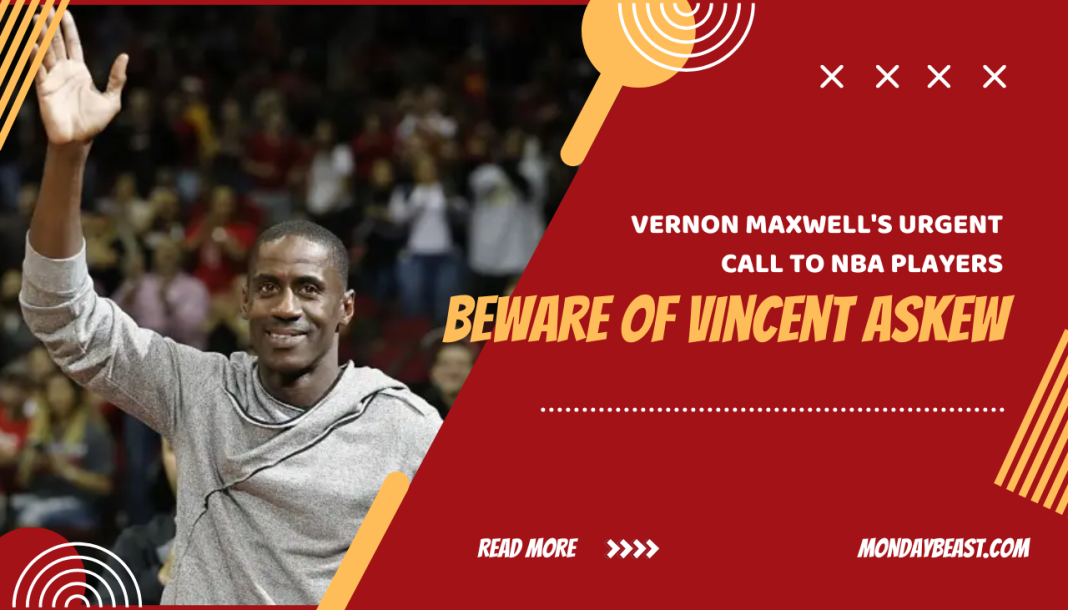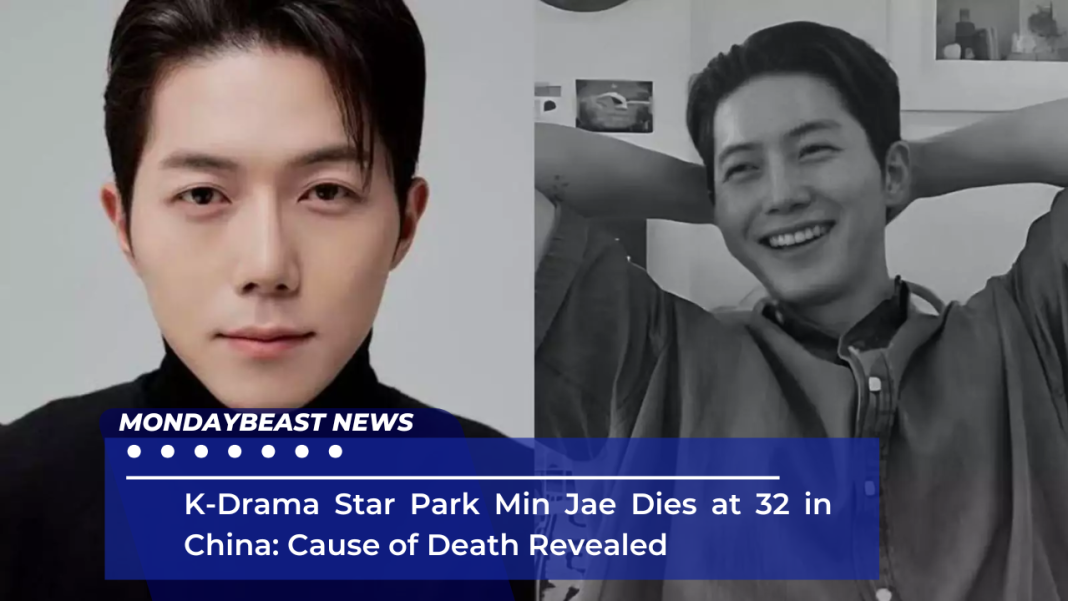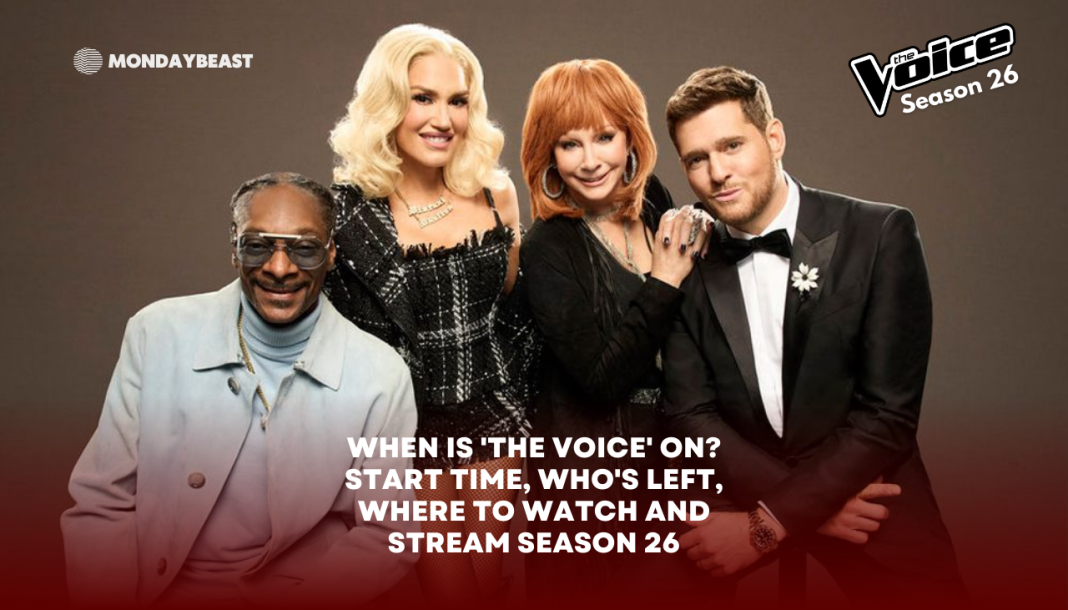Maxwell’s Strong Warning for NBA Players
Vernon Maxwell, a name that resonates with many NBA fans, has stepped into the spotlight again. This time, it’s not for his time on the court. Maxwell has issued a grave warning to his fellow NBA players, urging them to steer clear of Vincent Askew when it comes to lending money. Why? Because Maxwell believes that Askew is a financial risk, based on his own painful experiences.
Maxwell, a veteran with over 11 seasons in the NBA, is no stranger to ups and downs. His career was filled with incredible highs and frustrating lows, leaving him with wisdom that many younger players can learn from. In a candid and passionate message, he stated, “I want all my NBA brothers to know one thing about this guy in our fraternity. He’s a bad egg.” The intensity in his voice can’t be missed; it’s clear he cares deeply about his peers.
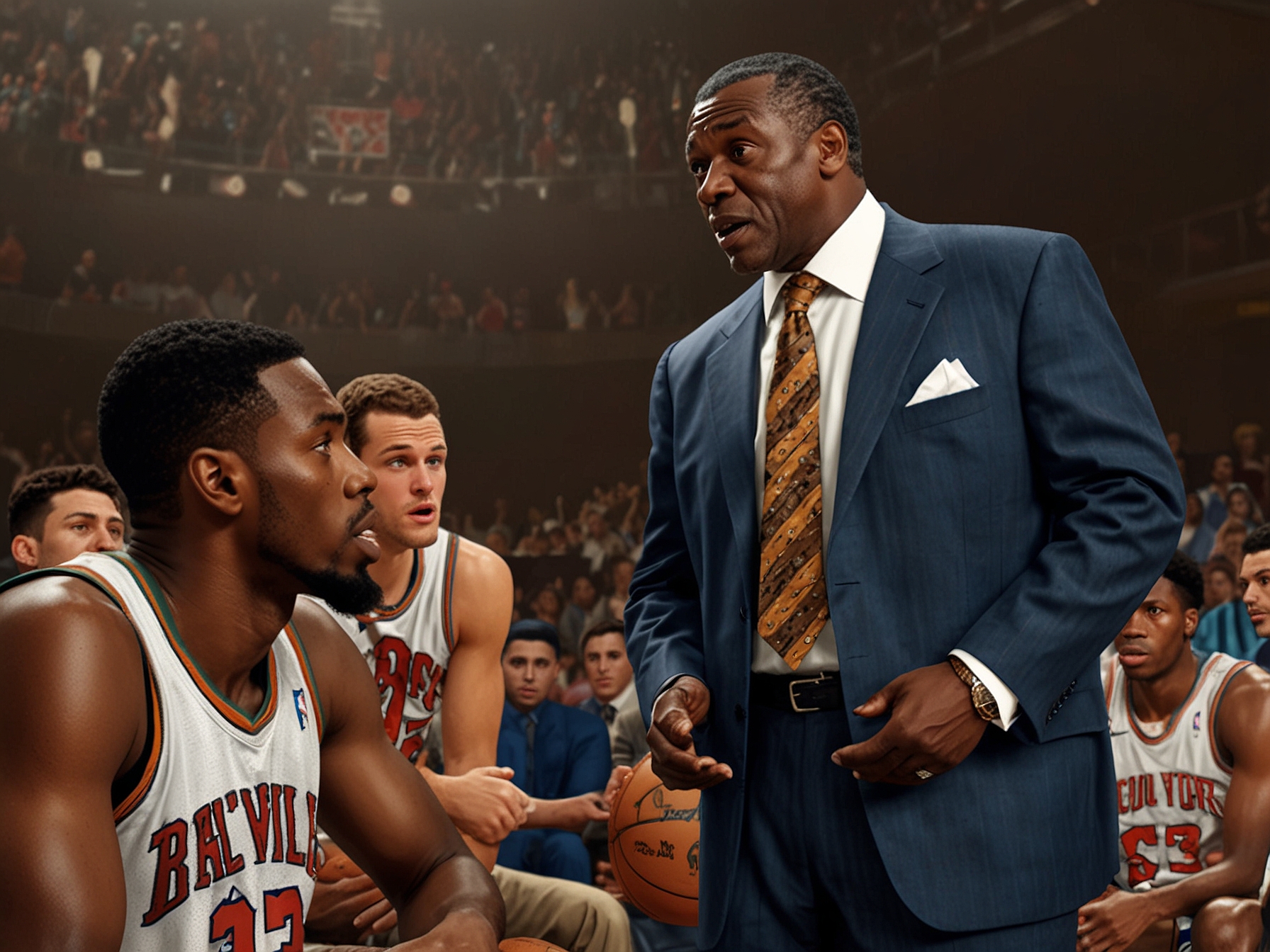
Askew reportedly owes Maxwell around $10,000. This personal grievance has led Maxwell to take a stand. He cautions his peers, saying they should not buy into stories like, “I’m going through a divorce.” Maxwell insists that these are just excuses. His call to action is stark and straightforward: Don’t lend a dime to Vincent Askew.
The Financial Background of Vincent Askew
Vincent Askew, drafted in 1987, had a brief but memorable NBA career. He played for teams like the Philadelphia 76ers and the Golden State Warriors. With total career earnings of about $5.8 million, that figure balloons to approximately $12.1 million when adjusted for inflation today. Yet, despite his earnings, many are left wondering: what happened to all that money?
After stepping away from the NBA, Askew even played in Venezuela. One would think he’d have learned about money management by now, right? It raises questions about how former players manage their wealth. Some, like Maxwell, have learned the hard way that not everyone can handle their finances responsibly. In today’s world, where information is ubiquitous, how do some still struggle with financial stability?
Maxwell’s Call for Financial Prudence
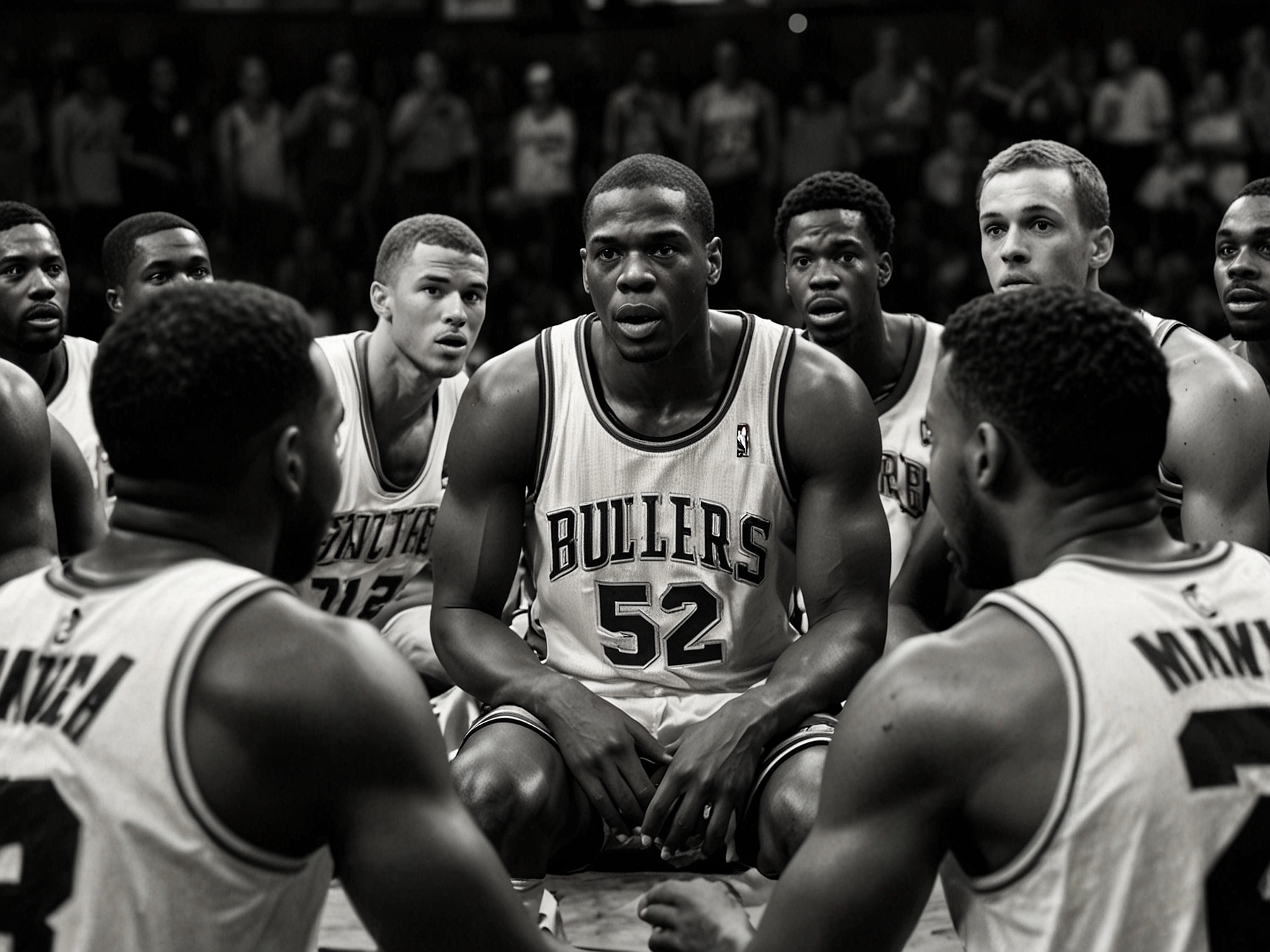
Maxwell’s warning serves as a crucial reminder of the financial landscape facing athletes today. It isn’t just about earning millions on the court; it’s also about being smart with that money. Financial management isn’t a skill everyone possesses. For NBA players, who often earn significant sums, the stakes are high. They should cultivate financial literacy early in their careers.
Maxwell’s message highlights the importance of supporting one another. He directly addresses the culture of lending among players. Consider this: how many friendships have been strained because of money? Maxwell insists on transparency. Keeping financial matters in the open might alleviate potential conflicts.
Community and Responsibility in Sports
There’s something inherently powerful about sports communities. Athletes often see each other as family. Yet, Maxwell’s account paints a different picture when trust is misplaced. Shouldn’t there be a standard of responsibility? It’s not just about avoiding scams but also about ensuring that financial transactions don’t break those bonds.
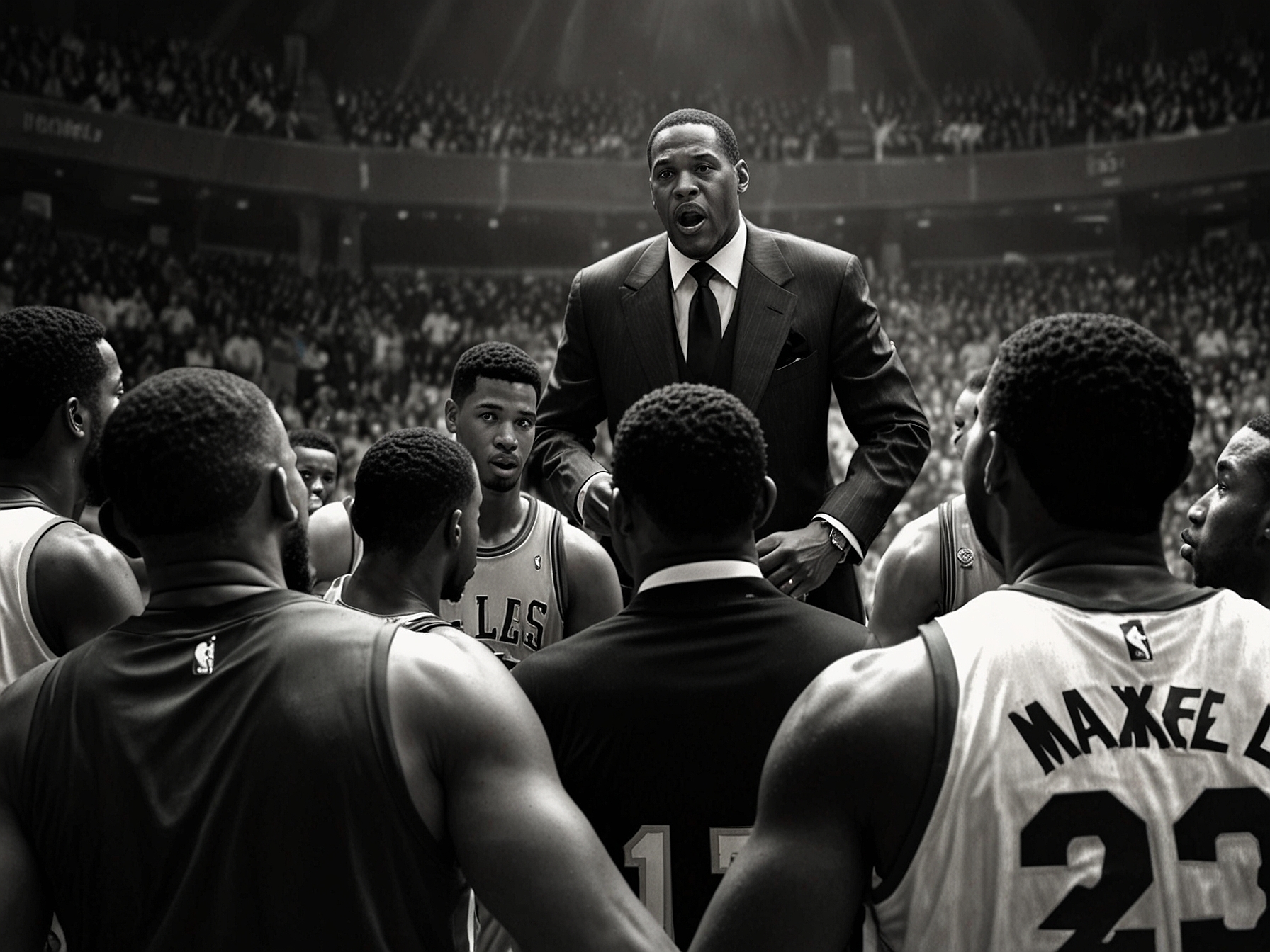
It’s vital for players to remember that their financial decisions matter, not just for them alone, but for their families. In putting their trust in individuals like Askew, players risk losing far more than money. They face a potential breakdown in camaraderie. Maxwell emphasizes this, hoping his colleagues will heed his warning. After all, nothing should come between friends.
Looking Ahead and Taking Action
As the NBA continues to grow more popular, the pressures on its players will only increase. It’s crucial for players to become proactive about their finances. What steps can they take to protect themselves? Seeking advice, sharing experiences, and fostering a culture of financial prudence. Maxwell’s cautionary tale is a starting point.
It leads to an important question: can the NBA community evolve to create better financial practices? The hope is that through awareness, players can safeguard their futures. Wouldn’t it be incredible if they could break the cycle of financial mismanagement?
Conclusion: The Call for Change
In essence, Vernon Maxwell’s bold open letter to fellow NBA players is more than just a warning. It’s a rallying cry for responsibility, accountability, and cautiousness. The message is loud and clear: beware of Vincent Askew. But also, remember your own financial wisdom. As players become beacons for others, let’s hope they shine brightly, guiding each other towards a secure financial future.
After all, isn’t that what family is truly about?

